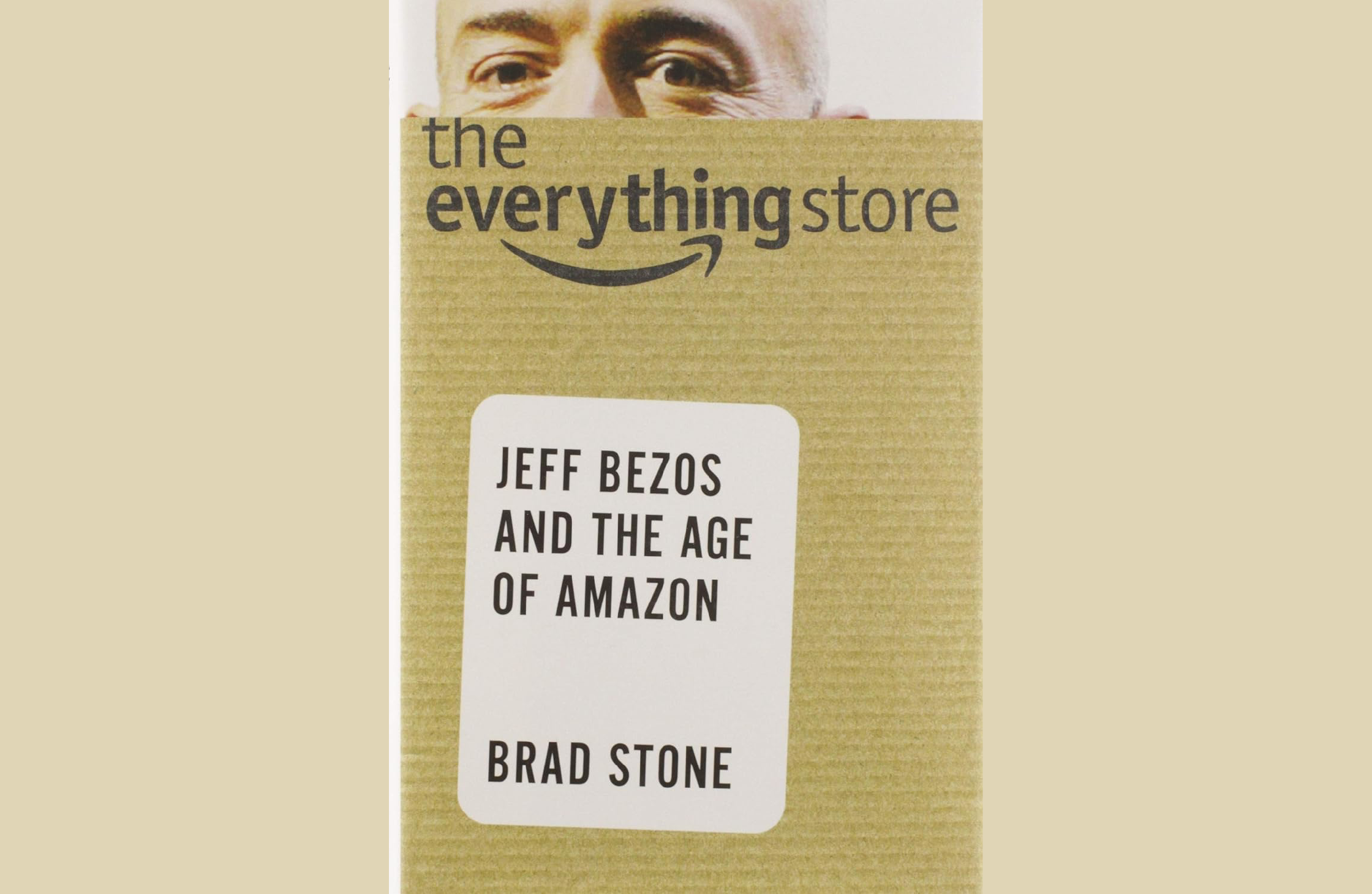Amazon Teaches Us 6 Ultimate Ways To Take Ownership
Explore how Amazon's 'Ownership' principle can revolutionize your entrepreneurial journey. Learn to think long-term, foster accountability, embrace innovation, and lead with a vision for sustainable success.

Adopting practical leadership principles can be the key to enduring success. Amazon's "Ownership" principle stands out as a beacon for entrepreneurs seeking to foster a culture of responsibility, long-term thinking, and proactive problem-solving in their ventures. This blog delves into the nuances of this principle and illustrates six practical examples to inspire its application in your entrepreneurial journey.

1. Cultivate Long-Term Thinking
Principle: Prioritize long-term gains over short-term benefits. This perspective is crucial in decision-making, ensuring sustainability and scalability.
Example: Imagine delaying a product launch to refine its features. Although momentarily slowing progress, this decision can significantly enhance product quality, leading to lasting customer satisfaction and loyalty.
Invention requires a long-term willingness to be misunderstood. You do something that you genuinely believe in, that you have conviction about, but for a long period of time, well-meaning people may criticize that effort. Jeff Bezos.
2. Act Like Owners
Principle: Encourage a mindset where every team member feels like an owner of the venture. This sense of Ownership drives accountability and dedication.
Example: If an employee in your logistics department proposes an innovative packaging solution that cuts costs and enhances efficiency, it's a classic case of Ownership in action.
3. Go Beyond Your Role
Principle: Foster a culture where stepping beyond one's designated role is the norm. This attitude leads to holistic problem-solving and innovation.
Example: A team member, though hired for marketing, collaborating with the product development team to suggest improvements is a stellar example of transcending job descriptions for the company's benefit.
4. Avoid Shortcuts
Principle: Discourage shortcuts that might offer immediate relief but compromise long-term objectives. Quality and thoroughness should be the cornerstones of every decision.
Example: Strict adherence to quality control, even under tight deadlines, exemplifies this principle. It's about building a brand reputation that lasts.
5. Embrace Failures and Learn
Principle: View failures as learning opportunities. Owning up to mistakes and understanding them is pivotal for growth and improvement.
Example: When a new strategy fails to yield expected results, openly analyze and share the insights gained. This transparency cultivates a learning environment.
“At Amazon we like things to work in five to seven years. We’re willing to plant seeds, let them grow and we’re very stubborn. We say we’re stubborn on vision and flexible on details.” Jeff Bezos.
6. Think Company-Wide
Principle: Encourage decisions that benefit the entire organization, not just individual teams. This broad perspective ensures cohesive growth and synergy.
Example: An initiative by your IT team that enhances customer experience across all departments illustrates this expansive thinking.

Conclusion
Incorporating the Ownership principle into your entrepreneurial ethos can transform your business approach. It's about thinking long-term, acting with accountability, transcending traditional roles, focusing on quality, learning from failures, and making decisions that favor the entire venture. As an entrepreneur, embracing these facets can lead to a resilient, innovative, and forward-thinking business culture, propelling your venture toward sustainable success.
Remember, it's not just about what you do; it's about how you think and lead. Let the principle of Ownership be your guide to entrepreneurial excellence.


